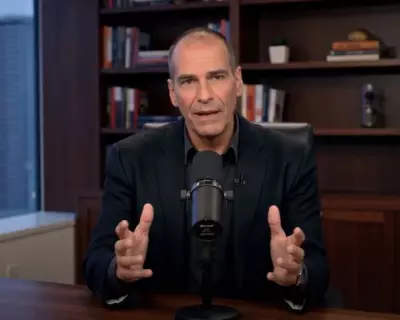
In a move that has ignited fierce debate about corporate power and digital free speech, Apple has removed the controversial ICEblock application from its App Store. The decision comes after the app faced significant criticism from conservative groups and political figures.
What Was ICEblock?
The ICEblock application served as a digital tool that allowed users to monitor and report immigration enforcement activities. Its most controversial feature enabled tracking near properties owned by former President Donald Trump, providing real-time alerts about Immigration and Customs Enforcement (ICE) operations in these specific areas.
Apple's Justification
According to Apple's statement, the removal was necessary because the app violated several App Store policies. The tech giant cited concerns about apps that "target individuals or groups for harm" and those that could "facilitate targeted harassment."
An Apple spokesperson stated: "We have clear guidelines that prohibit apps which threaten individual safety or enable harassment. After careful review, we determined ICEblock violated these fundamental rules."
Backlash and Support
The decision has generated strong reactions from both sides of the political spectrum:
- Conservative groups celebrated the move, arguing the app endangered law enforcement and promoted harassment
- Digital rights advocates condemned Apple's decision as corporate censorship
- Immigration activists expressed disappointment, calling the app a vital tool for community safety
Broader Implications
This incident highlights the ongoing tension between tech platform governance and free expression. As app stores increasingly function as digital gatekeepers, their content moderation decisions carry significant political weight.
The ICEblock controversy follows similar debates around apps targeting political figures, raising questions about where tech companies should draw the line between public safety and censorship.
Industry analysts suggest this case may set important precedents for how app stores handle politically charged applications in the future, particularly as the 2024 election cycle intensifies.





